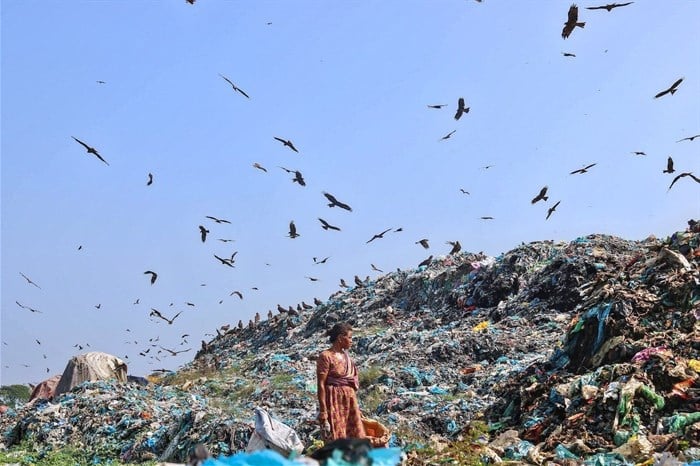
This is according to Patricia Schröder, spokesperson for producer responsibility organisation (PRO) Circular Energy. "Waste pickers are key actors in the waste management ecosystem whose contribution should be fully supported by EPR processes," she says.
EPR is a global initiative adopted by many countries, including South Africa, that places the onus on producers to manage the lifecycle of nominated products past their disposal stage.
The aim is to encourage the recycling of waste and reduce the burden on landfills.
The greatest contribution of waste pickers is that their activities divert recyclable products away from landfills where they would otherwise be lost. Instead, these materials are directed toward processing for economical reuse.
As a result, the work of the waste picker assists in mitigating climate change and improving the environment for their community.
Their work also relieves municipalities of the burden of sorting and separating recyclables from waste internally, reducing their operating costs in the process.
In addition, because waste reduction is a growing concern, the profession is a fertile channel for job creation.
"Waste pickers provide an essential service with hidden benefits we cannot afford to ignore," says Schröder.
According to the International Alliance of Waste Pickers, more than 22 million people around the world earn a living as informal waste workers. Yet, the organisation’s review of global EPR policies and practices suggests that EPR more threatens than supports these participants.
"South Africa needs to ensure its waste pickers are protected through formal, transparent programmes that fully integrate their services and provide fair compensation and incentives," says Schröder.
Waste Picker Integration Guideline for South Africa, published by the Department of Environment, Forestry and Fisheries (DEFF), offers 10 integration principles. These are:
Recent amendments to the Regulation Regarding Extended Producer Responsibility also entrench the importance of waste pickers by providing a formal definition for the term and including their participation in the definition of "collection".
The successful implementation of EPR in South Africa demands that all stakeholders should benefit from the process and share in its ambitions.
This means waste pickers must be recognised as integral members of the waste management community and that any risk to them associated with EPR should be addressed promptly.
"Their participation in the EPR scheme is a significant step towards building an inclusive, sustainable waste management system in South Africa," says Schröder.